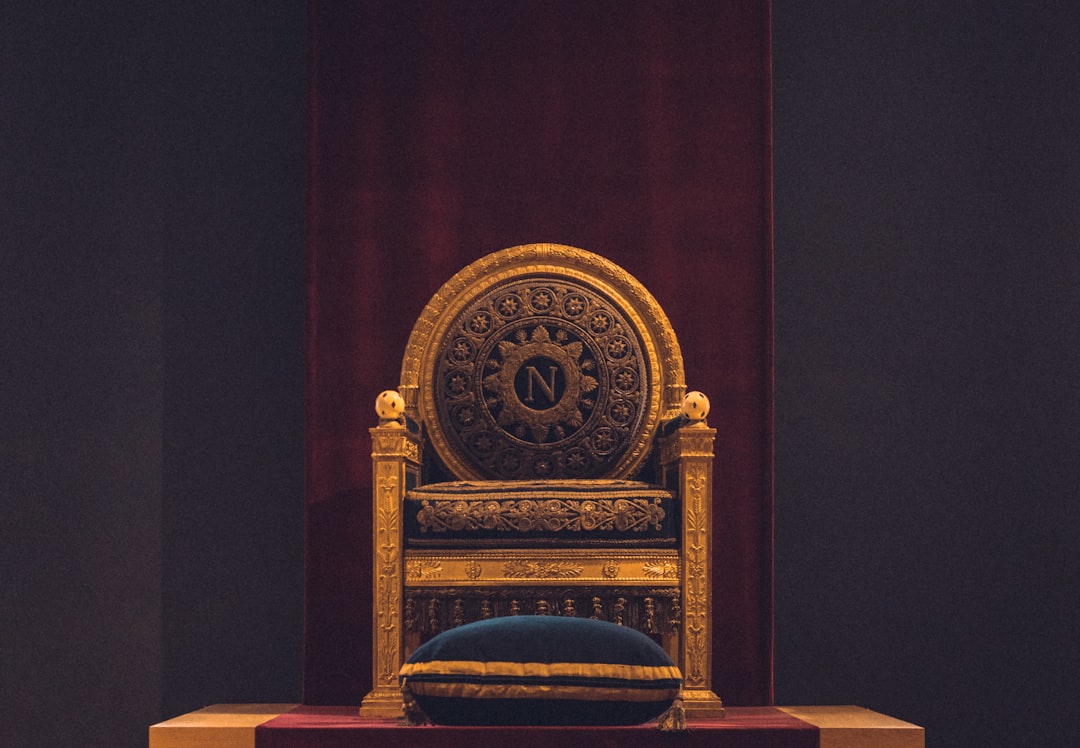What is it about?
New social understandings of leisure emerged immediately after the First World War. Leisure was articulated as a social good and a building-block of a new improved post-war society. Voluntary action was a field for the experimental application of theories of leisure to real world situations. This paper evaluates this experimentation.
Featured Image
Why is it important?
There is increased interest in quality of life measurements as an alternative to economic measurements of the health of society. Leisure features in this discourse but is rarely defined. This paper could help policymakers to gain better understandings of leisure and its functions and lead to more effective leisure policy.
Read the Original
This page is a summary of: The New Leisure, Voluntarism and Social Reconstruction in Inter-War Britain, Contemporary British History, October 2014, Taylor & Francis,
DOI: 10.1080/13619462.2014.963060.
You can read the full text:
Contributors
The following have contributed to this page










